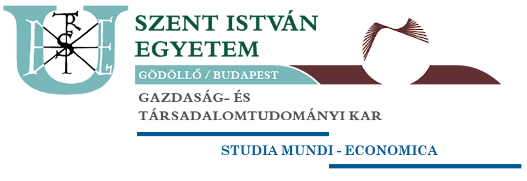The trends of the lake tourism and results of Balaton research
Water is a natural resource that is the foundation of the most successful tourist destinations around the world (Mill-Morrison, 1992). Ponds, by virtue of their generation and development, have the characteristics that determine their utilization in tourism (Cooper etal., 2008). The spectacle and mood of the large, calm water mass, the wildlife and the diverse natural and cultural values of the background towns attract visitors to a multitude of visitors (Rátz – Michalkó 2007). This product of tourism may, depending on the destination concerned and the directions of development belong to the subject of mass and alternative tourism (Remenyik – Tóth – Molnár, 2013). The present study, which compares and contrasts the tourism and visitor-based economic development at Balaton lake in Hungary aim to describe how roles have changed and opportunities have presented themselves in the lake tourism sector. That in the interest of the forming of the qualitative tourism the importance of the government onto the development of the lake tourism is by way bigger, his support on the increase of the star grade of the accommodations, the development aquatic and road infrastructure and the construction of the topic park of Lake Balaton. The inland ones are in a great majority opposite the foreign country guests considering the guest construction in the lake tourism; with the support of the tourism products it is possible to develop directly the Hungarian small- and medium-size enterprises.
